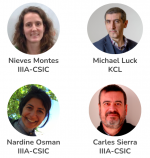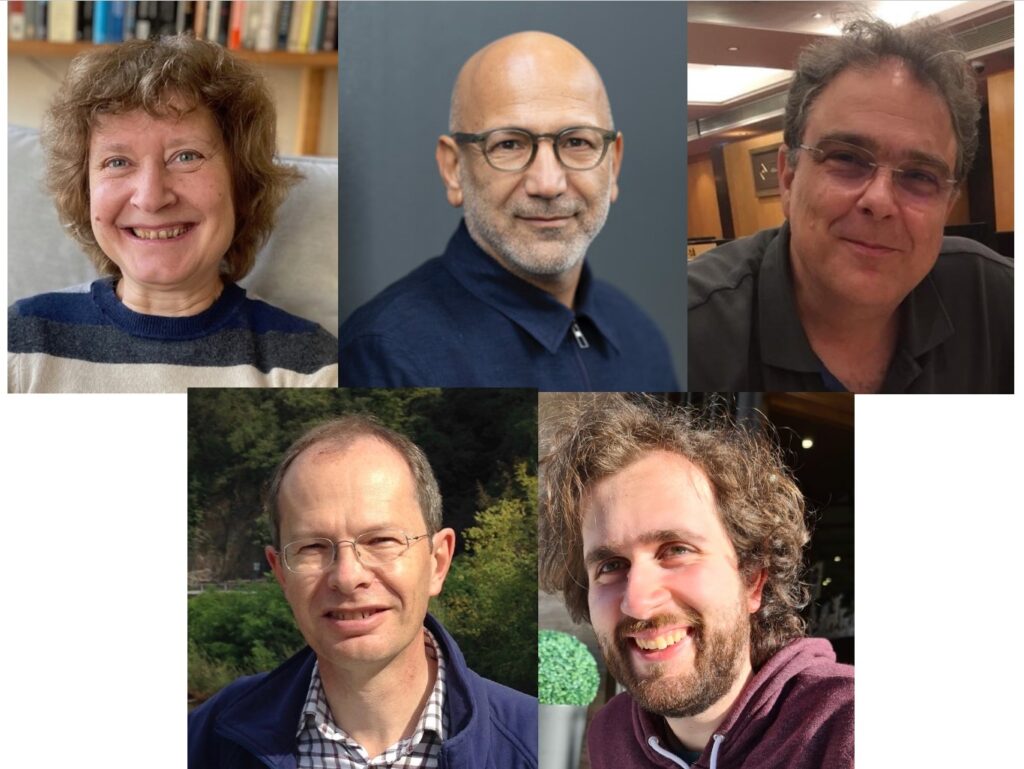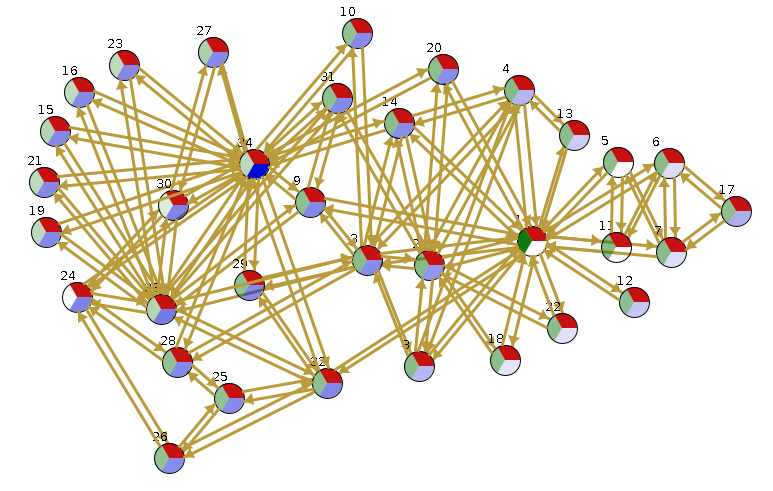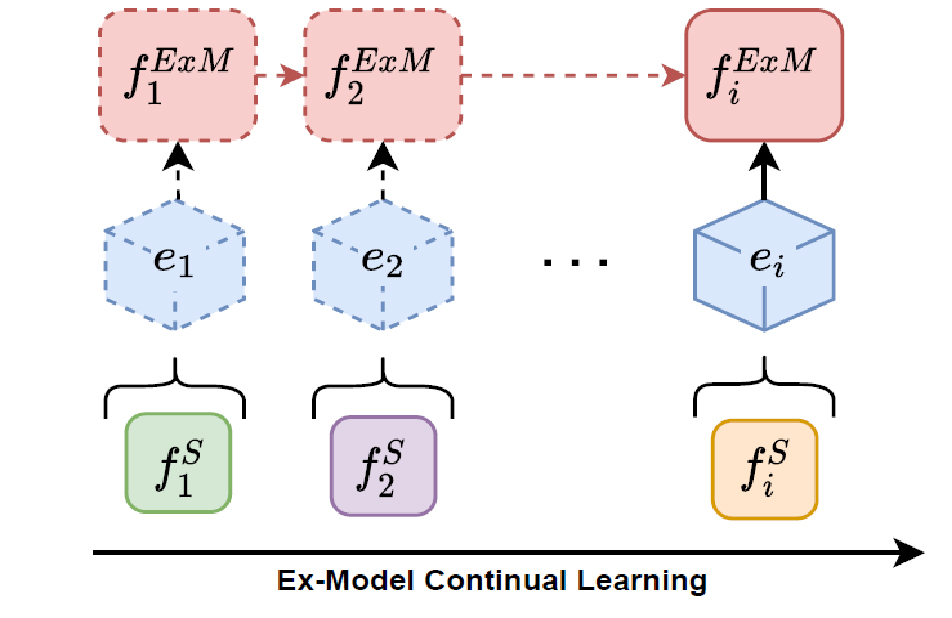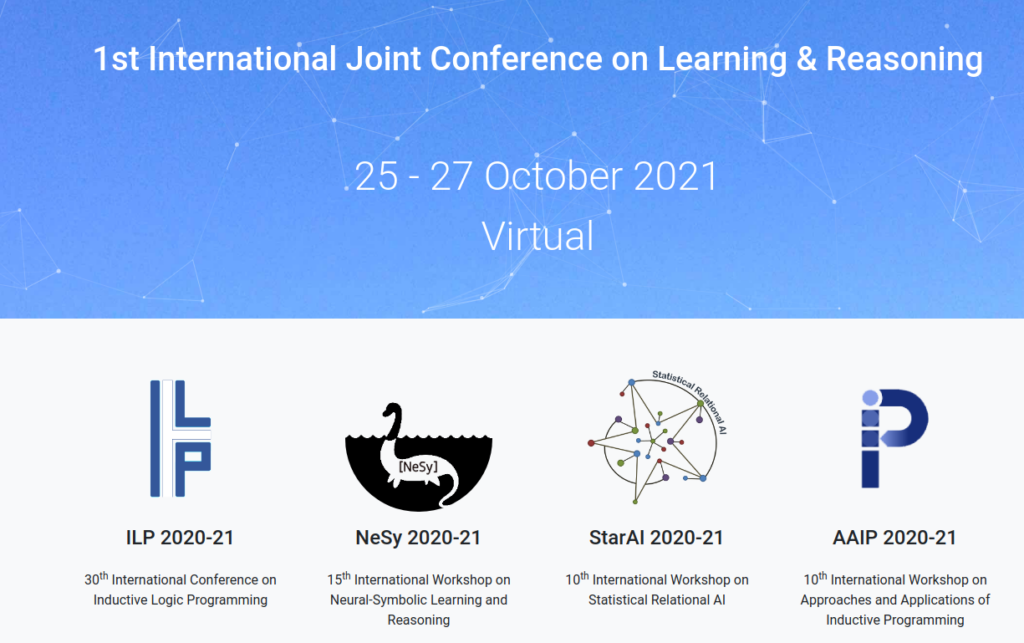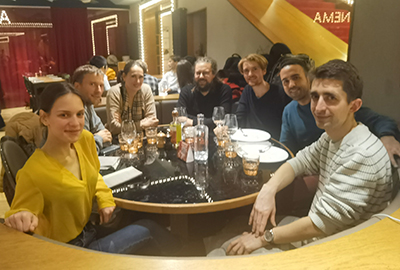Deep fake videos detection through Explainable AI
Aiming towards combating the challenges faced by fake video detection, the prime objective of this research is to develop a proactive, advanced explainable, human collaborated AI-based online disinformation detecting tool for securing a trustworthy social media environment.
Deep fake videos detection through Explainable AI Read More »

